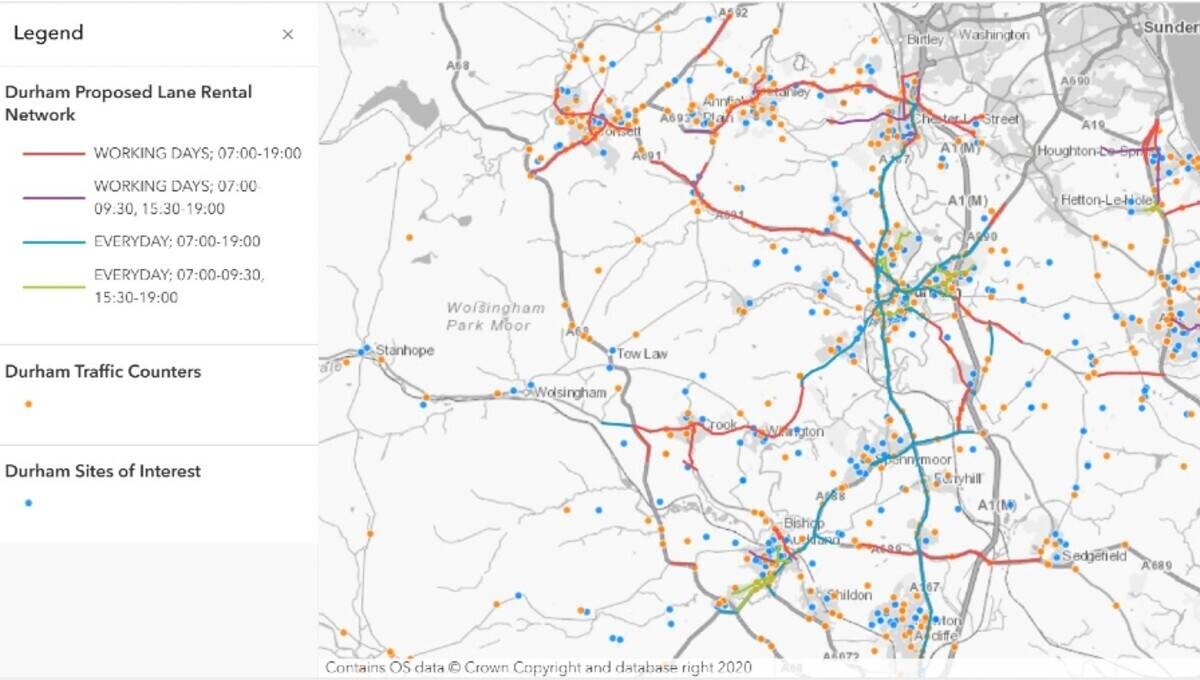.
Over the past eight years there has been a growing volume of concern expressed about how the public sector makes its public data ("Public Sector Information" or PSI) available.
The key question is whether PSI should be "free" or charged for. If PSI is charged for (for example by Trading Funds such as the Met Office or Ordnance Survey) then how should this process be managed to stimulate use and, if it is free, then how should it be paid for?
The topic is hardly a vote-winner, although it is probably of profound importance to the UK and certainly of passionate interest to suppliers of PSI and PSI re-users.
Nor is the topic straightforward. It covers the question of what is the "Public Task" of PSI holders in the first place. How should the boundaries of Public Task be drawn to stimulate choice, higher quality, enterprise and innovation? How might government best procure the information it needs in order to govern?
Vested interests abound and some of the advice given to Ministers (from both sides) appears highly misleading. In the midst of this confusion there have been three government reports which stand out as beacons of common sense. In all they total over 1,000 pages but to paraphrase parts of them:
The OFT's study on the Commercial Use of Public Information (CUPI, 2006) pointed out that some of the Trading Funds current practices (Ordnance Survey was highlighted) might be preventing fair competition and that, if resolved, the value of PSI to UK plc would at least double;
The Cabinet Office then commissioned a report ("The Power of Information") which argued that times had changed - primarily because of the Internet - and that there was an urgent need to review the Trading Fund model and that PSI should probably be made freely available in order to maximise its use and thus value;
The Treasury and BERR then commissioned a further report (the Cambridge Study) which concluded that making some PSI free (but not fees for statutory PSI) would be generative of socioeconomic value and would probably have no net cost to Treasury. In the face of such a broad consensus that change would be beneficial, Treasury and BERR hastily commissioned a further report - this time from the Shareholder Executive. Their remit was to look at how a number of different options for making PSI available would affect the financial viability of certain Trading Funds, including Ordnance Survey and the Met Office. This report is expected to be available to Ministers before the end of the year.
What is likely to happen? In the short-term it is likely that all PSI providers will have to ensure that, where they exploit data themselves, they do so on a fair basis. Whilst this may seem eminently reasonable it is proving surprisingly difficult to implement. Financial cross-subsidy between PSI activities can be rife and awkward to iron out and draconian licensing terms provide a comfort zone which prevents competition.
In the longer-term it seems probable that many forms of PSI which are currently charged for will be made available free, although not the provision of statutory information. When this happens, the accompanying licensing terms will become far more straightforward than they are currently, the activity which falls within the "Public Task" will be more focused upon what is strictly necessary for government and there will be a far greater choice of suppliers adding value to PSI.
And as for the NLPG and NSG? Neither dataset falls under the "PSI Directive" but, if the changes described above come about, then Ordnance Survey may cease to charge for their IPR within AddressPoint and both the NLPG and NSG could become available at a far lower price covering the licence fee to Royal Mail and a payment to local government for part of the maintenance and development overhead.
The datasets are already proving essential to a growing number of government functions but, in these circumstances, we are confident that the usage of both the NLPG and NSG will explode amongst the thousands of organisations in the private sector which need definitive data relating to streets and addresses.
Michael Nicholson
20th August 2008
Notes to Editors:
Intelligent Addressing is a specialist private sector consultancy (an SME) employing recognised experts in addressing. It was originally set up to help develop the National Land and Property Gazetteer (NLPG) on behalf of local government and now manages the NLPG and NSG central data hubs under the terms of the Mapping Services Agreement (MSA) with local government.
Intelligent Addressing contact:
Gayle Gander, Head of Marketing | 0207 747 3500 | E-mail: [email protected] | www.intelligent-addressing.co.uk, www.thensg.org.uk, www.nlpg.org.uk
Editorial enquiries and colour separation requests:
William Allbrook | T: 01666 826641 | F: 01666 824668



